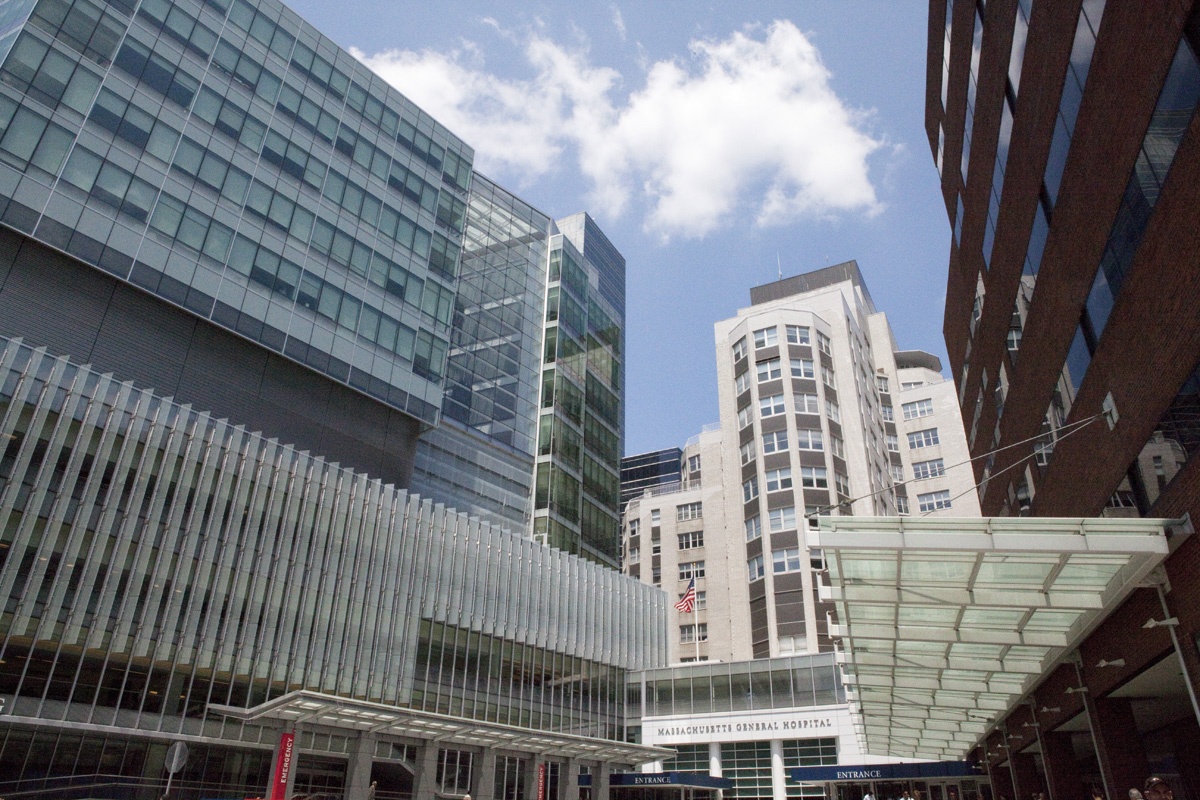Mass General Is Studying Whether Poop Pills Could Help You Lose Weight

Mass General photo by Samantha Carey
In March, Massachusetts General Hospital will embark on a study you probably don’t want to enroll in: testing whether pills containing small amounts of human feces can help obese individuals lose weight. Suddenly your crack-of-dawn gym visits don’t seem so bad, huh?
It sounds crazy, but the science behind the trial is relatively well-established. It relies on a practice called fecal microbiota transplantation (FMT), which essentially uses poop to transfer healthy bacteria from a donor to a patient. The practice is most commonly used to treat C. Difficile, a bacterial infection that causes abdominal pain, diarrhea, and, eventually, a potentially fatal hole in the bowel.
For Mass General’s study, however, FMT will be used to transfer the gut bacteria of an extremely healthy, carefully vetted thin person to an obese person, hopefully helping the recipient lose weight in the process. Over the course of the study, some people will be given freeze-dried poop capsules—which, don’t worry, are taste-free and FDA-approved—while others will receive a placebo containing cocoa powder and gelatin. (The placebo sounds pretty appealing, given the alternative.) The researchers will then track the individuals to see which group loses more weight.
The study may sound unsavory, but lead researcher Elaine Yu told the Washington Post that there’s science to suggest it will be effective. “A small study in humans has already been done that demonstrates that altering gut bacteria affects human metabolism,” she said.
Massachusetts is also arguably the capital of FMT: OpenBiome, the largest stool bank in the world, is based in Medford. Though OpenBiome is not supplying the capsules for Mass General’s study, it was a pioneer in developing poop pills in the first place. Zain Kassam, chief medical officer at the company, says the practice does what probiotics alone cannot.
“[Taking probiotics is] kind of like peeing in an ocean; it doesn’t really make a big impact,” he says. “You really have to go to the source of the bacteria to be able to replenish the ecosystem that was decimated by the antibiotics. Basically if you give stool back, it turns out it works very, very well at replenishing all the good bacteria.”
Curious? You’re in luck—Mass General’s study is still enrolling.


